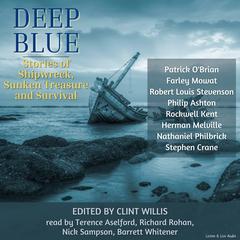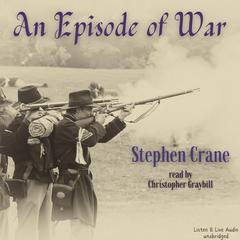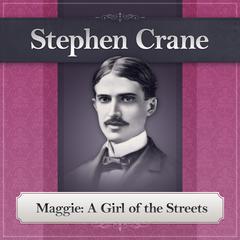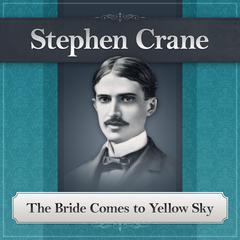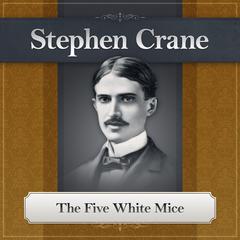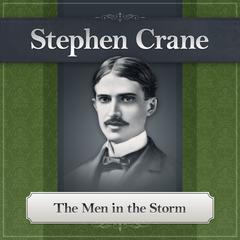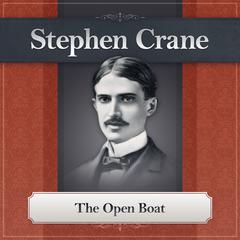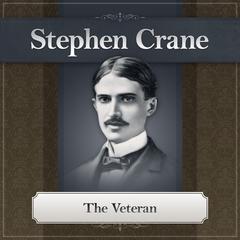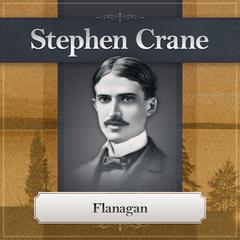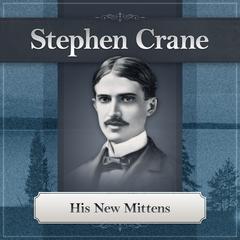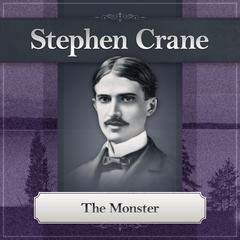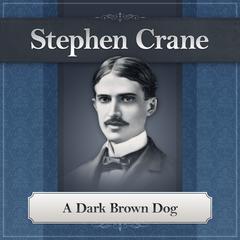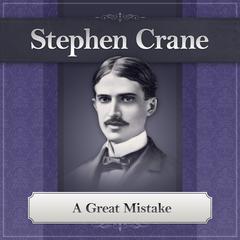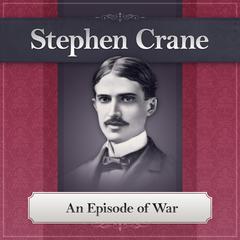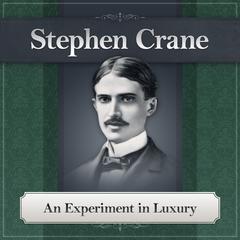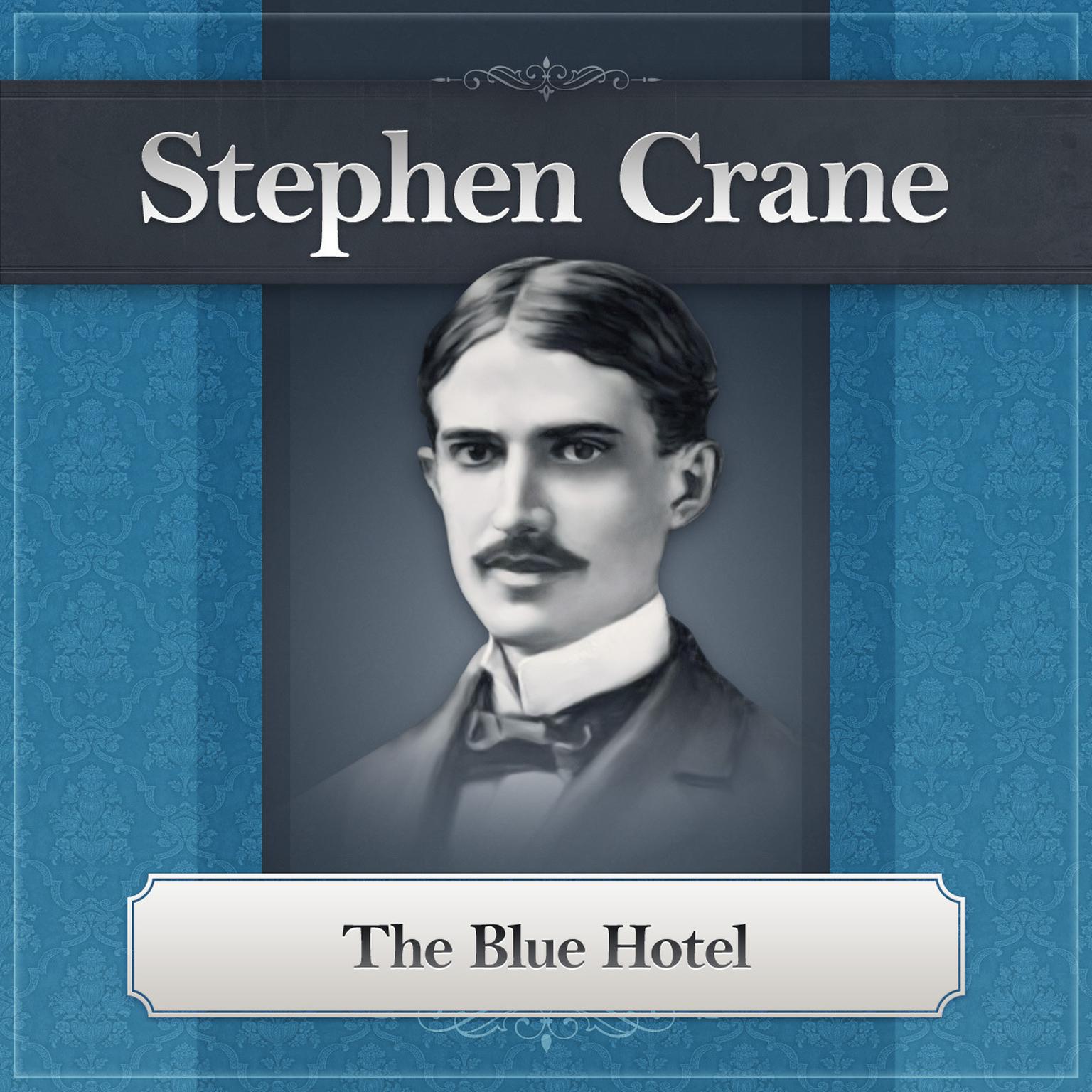 Play Audiobook Sample
Play Audiobook Sample
The Blue Hotel: A Stephen Crane Story Audiobook
 Play Audiobook Sample
Play Audiobook Sample
Quick Stats About this Audiobook
Total Audiobook Chapters:
Longest Chapter Length:
Shortest Chapter Length:
Average Chapter Length:
Audiobooks by this Author:
Publisher Description
"The Blue Hotel" is considered one of Crane's finest three short stories, along with the "Open Boat" and "The Bride Comes to Yellow Sky." The story starts with the hotel owner trolling for guests at the train station and finding three: the Swede, the Cowboy, and the Easterner. As with many stories, the personalities are known by their titles not their names; the two known by their names are the hotel keeper, Scully, and his son Johnny. The first major event is in a play for fun (no money) card game in which the Swede accuses Johnny of cheating. Johnny skillfully defends himself by saying he won't put up with the accusation, while side stepping the truth of the matter. The Swede is all worked up; no one comes to his rescue; he has a fight with the boy; wins; and leaves. He goes to the local saloon and gets into event number two in challenging the gambler after he won't take a drink. As with most Crane stories, the irony is building as the story goes on.
In the spirit of the literary times, as reflected in Spoon River by Edgar Lee Masters and Winesburg, Ohio by Sherwood Anderson, this is the key moment in the story that could change everything. The gambler does not take the free drink; he winds up killing the Swede; he goes to jail and the Swede is dead. He could have just taken the drink and didn't. Later, the Easterner tells the Cowboy that no, Johnny wasn't innocent, he was cheating and the Easterner didn't have the guts to stop it by speaking out. Then the Swede would have stayed in the hotel and wouldn't have died. Another landmark story with the last turn of events topping it off.
Download and start listening now!
"Hemingway said "The Blue Hotel" was the best short story ever written by an American.It is a beautiful, sad, horrifying story. It's always good to have a collection of Crane's stories. It's even better to have one named after the best one he wrote. "
— Frederick (5 out of 5 stars)
Quotes
-
“One of Crane’s finest works.”
— The Reader’s Encyclopedia -
“Combining symbolic imagery with naturalistic detail, it is an existential tale about human vanities and delusions.”
— Merriam Webster’s Encylopedia of Literature
The Blue Hotel Listener Reviews
-
" One of the best short stories I've ever read, maybe even THE best. "
— Sleepwalker, 2/21/2011 -
" Slow getting started and a limp payoff at the end. "
— Kristen-Marie, 12/19/2009 -
" A great story illustrating culpability for action beyond the immediate consequences. Great story I listened to through Classic Tales Podcast. BJ Harrison is a great reader/actor. "
— JoAnn, 6/9/2009 -
" Interesting ending, poses a good question. "
— Lindsay, 4/23/2009 -
" A little short story by a fantastic author with so much depth of allegory that it can be studied for a lifetime. "
— Cameron, 3/1/2008
About Stephen Crane
Stephen Crane (1871–1900) was an American novelist, poet, and journalist. He worked as a reporter of slum life in New York and a highly paid war correspondent for newspaper tycoons William Randolph Hearst and Joseph Pulitzer. He wrote many works of fiction, poems, and accounts of war, all well received but none as acclaimed as his 1895 Civil War novel, The Red Badge of Courage. Today he is considered one of the most innovative American writers of the 1890s and one of the founders of literary realism.
About Deaver Brown
Deaver Brown is an author and entrepreneur. He is a graduate of Harvard Business School, and his books include Crucial Conversations, Presidential Wisdom, George Washington: Farewell Address, and numerous others.







